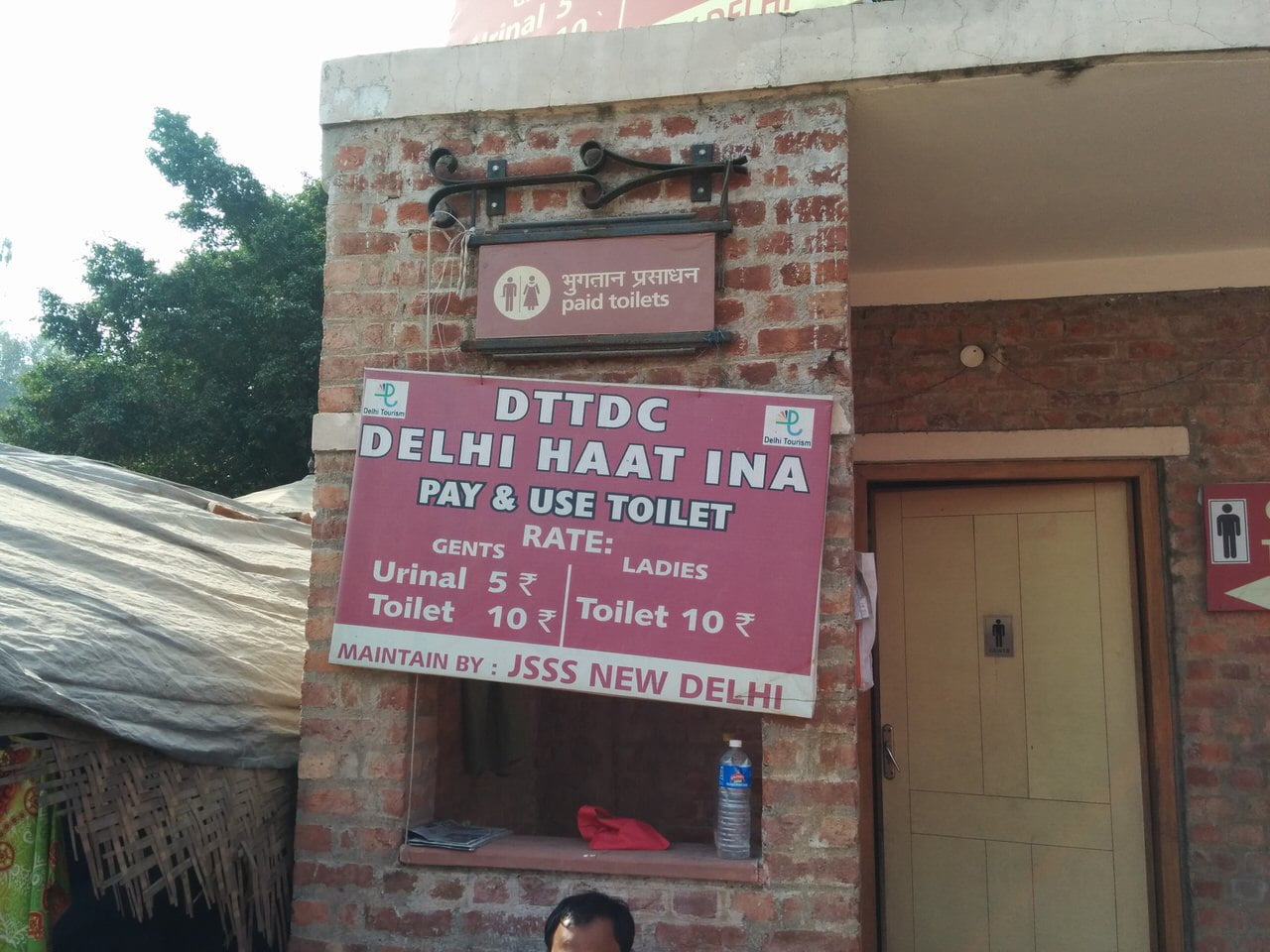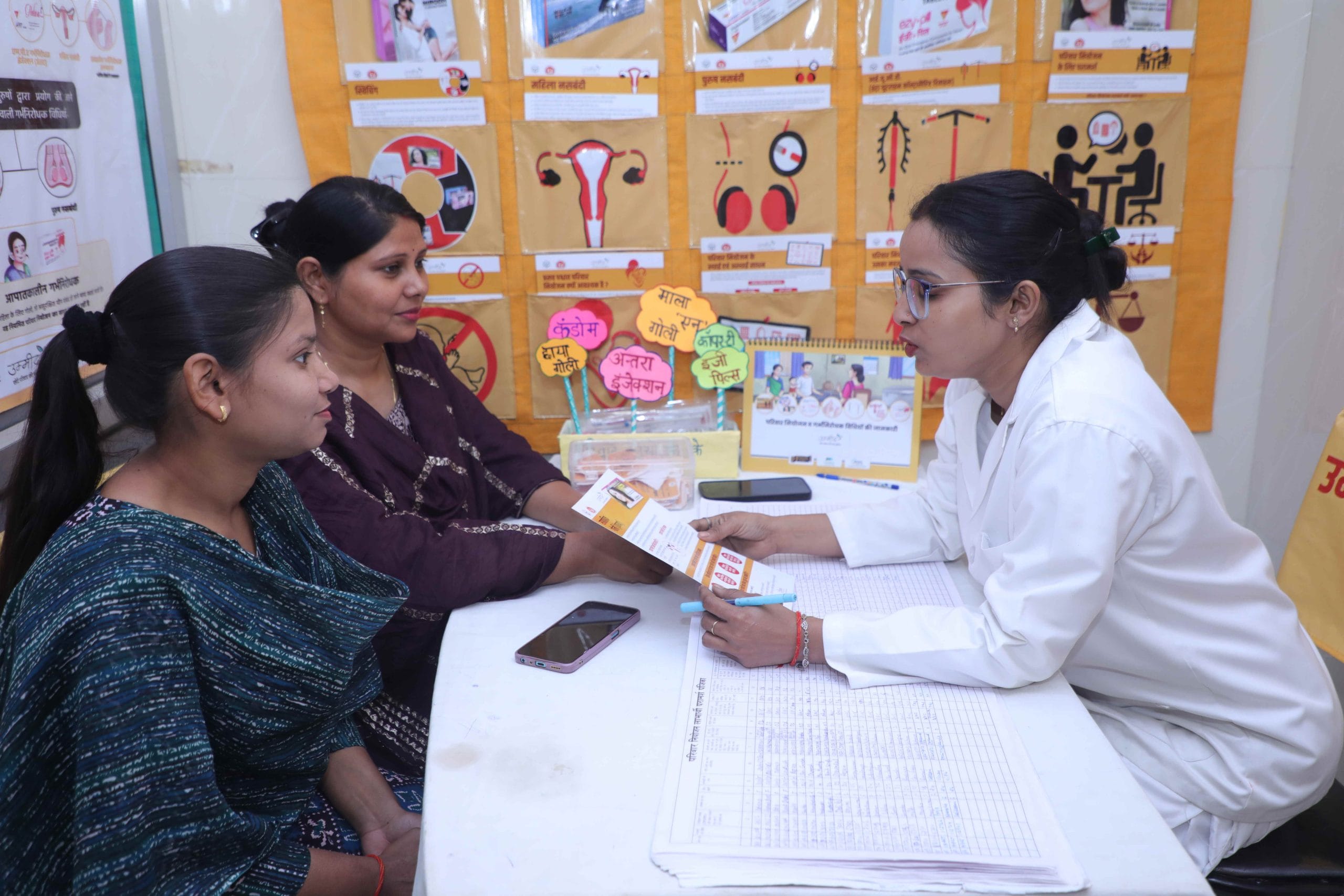By Deboleena Sengupta and Mayuri Bhattacharjee
We don’t know whether you need the latest iPad or the latest Jhumpa Lahiri book. We don’t know whether you need adrak chai or double espresso to wake up. But, we definitely know that you’ll need a toilet. Everyday. No exceptions.
We have learned about the public-private divide from our classes on feminism, wherein the former is supposed to be occupied by men and the latter by women. But things are changing, slowly but steadily. Women are constantly negotiating and struggling within their daily lives to break free from demeaning patriarchal norms and power structures. However, the battle is far from won. Women all over suffer everyday due to the lack of a basic necessity like a toilet.
Society has conditioned women not to talk toilets openly and keep the ‘toilet-talk’ confined to a women-only environment. Why? Because pee and poop involves private parts which ought to be covered and guarded. Well, we were taught not to talk about menstruation. But, now we are and holding placards which say #HappyToBleed. And when we talk about menstruation we must talk toilets, because 25% of school girls dropout in India when they reach puberty. The reason: their schools don’t have separate toilets.
Now, let us come back to public toilets in urban areas, an area where we are working. Public toilets have an impact on women’s ease of mobility. But when we venture outside in our towns and cities for work or to loiter we realize how female-unfriendly public spaces are. You will find a lot of standalone free urinals for men, but you will struggle to find urinals for women. This could be attributed to the presumption that there are fewer women in public spaces. It’s ridiculous! Apart from an ever increasing female white-collared workforce, a huge number of women from the poorer groups have been working in public spaces for years; as hawkers, sweepers, vendors and domestic helps. The lack of public toilets for women scream these, “Why didn’t you pee before leaving the house?” or “Why did you leave the house at all?”
The problems in existing public toilets
Building toilets for women isn’t enough; they have to be secure, clean, accessible and must provide basic facilities like sanitary napkin vending machines and disposal bins. And that’s where Indian cities and towns are failing terribly.
A heritage medical college where men and women come for treatment has some of the dirtiest loos we have seen. The irony is that despite being well aware of the various medical problems women face due to unclean toilets; clean toilets are non-existent even in the imagination of the medical authority. Meanwhile, sometimes toilets are built but locked the very next day after inauguration.
Some toilets don’t have latches, while others don’t have water. Most public toilets seem to tell us that “we women don’t menstruate, so there is no need to keep disposal bins in the toilets.”

A public loo door in Kolkata with a dysfunctional latch. | Loo Watch India
Public toilets can introduce us to the infamous concept of Pink Taxes too, when women are forced to pay more than men.
So, aren’t public toilets re-circulating humiliating gender norms?
In recent times there have been archipelagos of campaigns demanding free and safe toilets for women in urban areas. The ‘Right to Pee‘ movement which started in 2011, has been demanding free urinals for women in Mumbai and has met with some success when a Right to Pee committee was formed at the Brihanmumbai Municipal Corporation.
In Hyderabad, the ‘Don’t Hold it In Campaign’ highlighted the disparity between public toilets for men and women in the city.
At Loo Watch, we’ve started a campaign ‘Love Thy Loo’ to break the taboo of toilet-talk and encourage women to show how they feel when they can’t find a clean toilet for hours. We are also working towards making public toilets safe, clean and accessible by using audits as an entry-point.
Toilets are a feminist issue, because we can’t talk about women empowerment without providing safe and clean public toilets. Gender equality movement and toilets must go hand-in-hand.
For a Toilet Inquilab, feminism must talk loos more often!
Here’s a powerful and inspiring TEDx talk by Prof Isha Ray on ‘Gender Equality: The view from the Loo’ which makes the point clear.
Author bios
Deboleena Sengupta is a researcher and the Social Media Manager of Loo Watch
Mayuri Bhattacharjee is a sanitation enthusiast and the Founder of Loo Watch
Featured Image Credit: A picture showing differential pricing for men and woman at Dilli Haat, New Delhi | Loo Watch India
About the author(s)
Guest Writers are writers who occasionally write on FII.




